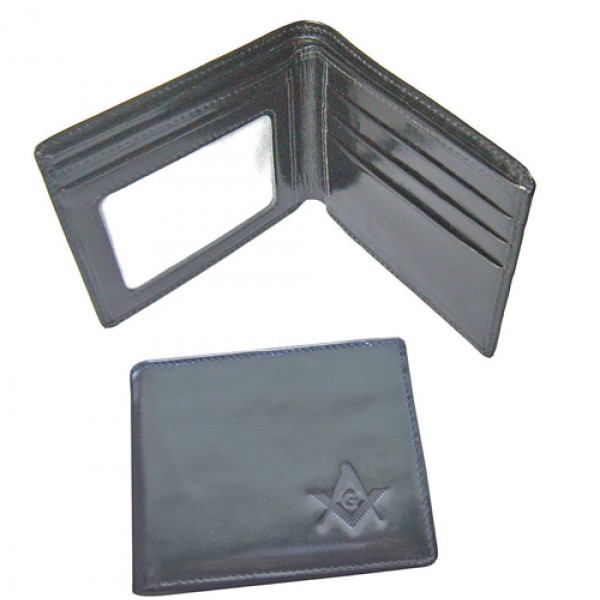Etiquette to Consider When Giving Masonic Gifts

The manifestation of true Masonic etiquette is rarely confined to Lodge assemblies conducted by the organization. Certain social manners fit for each member of the Freemasonry, such as when a member thinks of giving a present to another member. Etiquette for giving Masonic gifts is likewise relevant for non-Masonic guests who wish to give a gift to a Freemason. Though there is no stringent or specific rule on gift-giving, here are a couple of social manners that should be observed when presenting a token or gift to a Mason.
1. Consider what means most to the receiver.
When shopping for a present, sometimes, people get trapped on what merchandise they want for themselves or what they would wish for the person to have, rather than considering what means most to the receiver. At the end of the day, a smaller, meaningful present is far more valuable to the receiver than a large, flamboyant gift that really means nothing. When gifting a Masonic member, it is important that the giver remembers to celebrate who the Mason is and what he loves and respects about the organization. For non-members, this often requires taking the time to research the meanings and symbolisms of Masonic items that can be given as a present.
2. Avoid subjecting the receiver to a price-centric gift.
Many people feel burdened or pressured into giving the best gift to their loved ones. This feeling can result in unnecessary shopping or spending too much on a token that doesn’t necessarily have to materialize. There are a lot of shops around the world that sell Masonic gifts. This means that there's a variety of merchandise and tokens to choose from. The gift need not be the most expensive or extravagant. Remember, Freemasonry lives by a code of humility. They don't need flashy things or expensive gifts to continue living life according to their code. If the giver is presenting a gift to the receiver as a token of appreciation, sometimes, a genuine and heartfelt card will serve the same intent behind the gift.
Masonic gift-giving etiquette is considerably similar to the general rules of giving gifts. Gifts must, first and foremost, celebrate the recipient, and not the giver.

